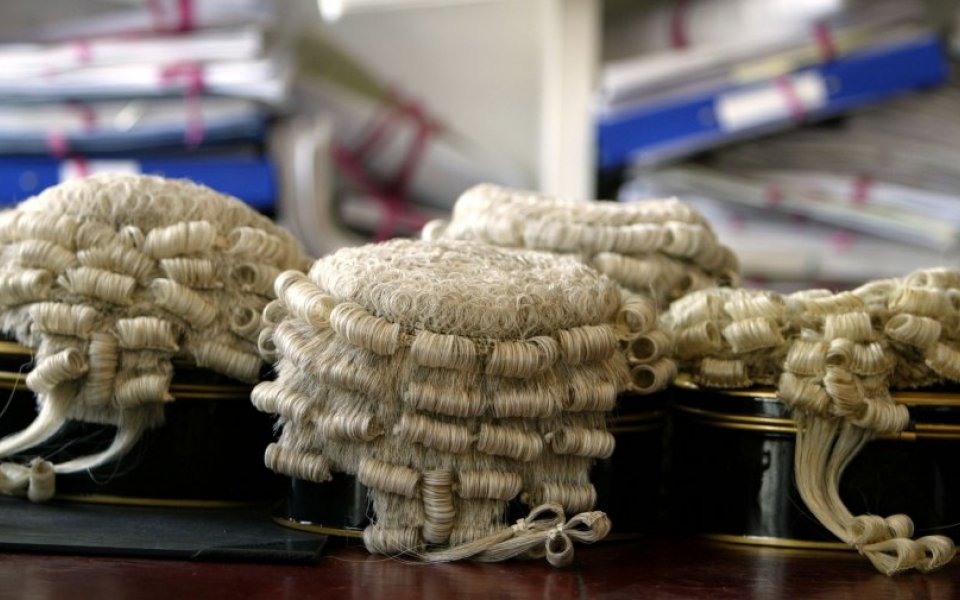How much do barristers earn? Much less than you’d think if they’re working on Crown Court legal aid cases

Barristers working on certain legal aid cases could find themselves pocketing less than the average wage and far less than their similarly educated peers in other professions, the Bar Council warned today.
The remarks are based on a report released today from the Ministry of Justice about junior barristers' wages, which discovered the lawyers working regularly on Crown Court legal aid cases took home median fees of £56,000 in 2014-15, down from £61,000 in 2012-13.
However, the Bar Council pointed out that, after accounting for factors like expenses and chamber fees, this would be equivalent to a salary of approximately £28,000 for a regular employee.
Alistair MacDonald QC, current chairman of the Bar Council, said the £28,000 figure was "little more than the national average wage, and is way below that of professions which require similar levels of qualification and expertise, such as doctors."
MacDonald continued: "At the very junior end, it is not uncommon for a barrister to put in a hard day’s work at a magistrates’ court and still fail to make the minimum wage."
Read more: Law Society recommends minimum trainee solicitor salary
The news will come as a blow to many junior barristers, who have already slogged through between five and six years of studying to qualify, incurring significant amounts of debt along the way.
Sam Mercer, head of equality and diversity at the Bar Council, voiced concerns that the low pay will hinder diversity among junior barristers.
"A low, flat, pay structure exacerbates the difficulties faced by talented female barristers who have to pay for childcare and it is a disincentive to those from modest financial backgrounds struggling with student debt," said Mercer.
"Our adversarial system of justice demands that individuals of exceptional ability should work in this challenging area of law. Restricting the diversity of the criminal Bar means we risk losing out on much needed talent."
A Ministry of Justice spokesperson said: "The justice secretary has made clear his commitment to safeguarding the future of a vibrant, independent bar.
"One of his first actions in office was to cancel the proposed cut to barristers’ criminal legal aid rates. We are also looking at how to improve the quality of advocacy.
"We will continue to work closely with the profession to ensure the bar has a bright future."